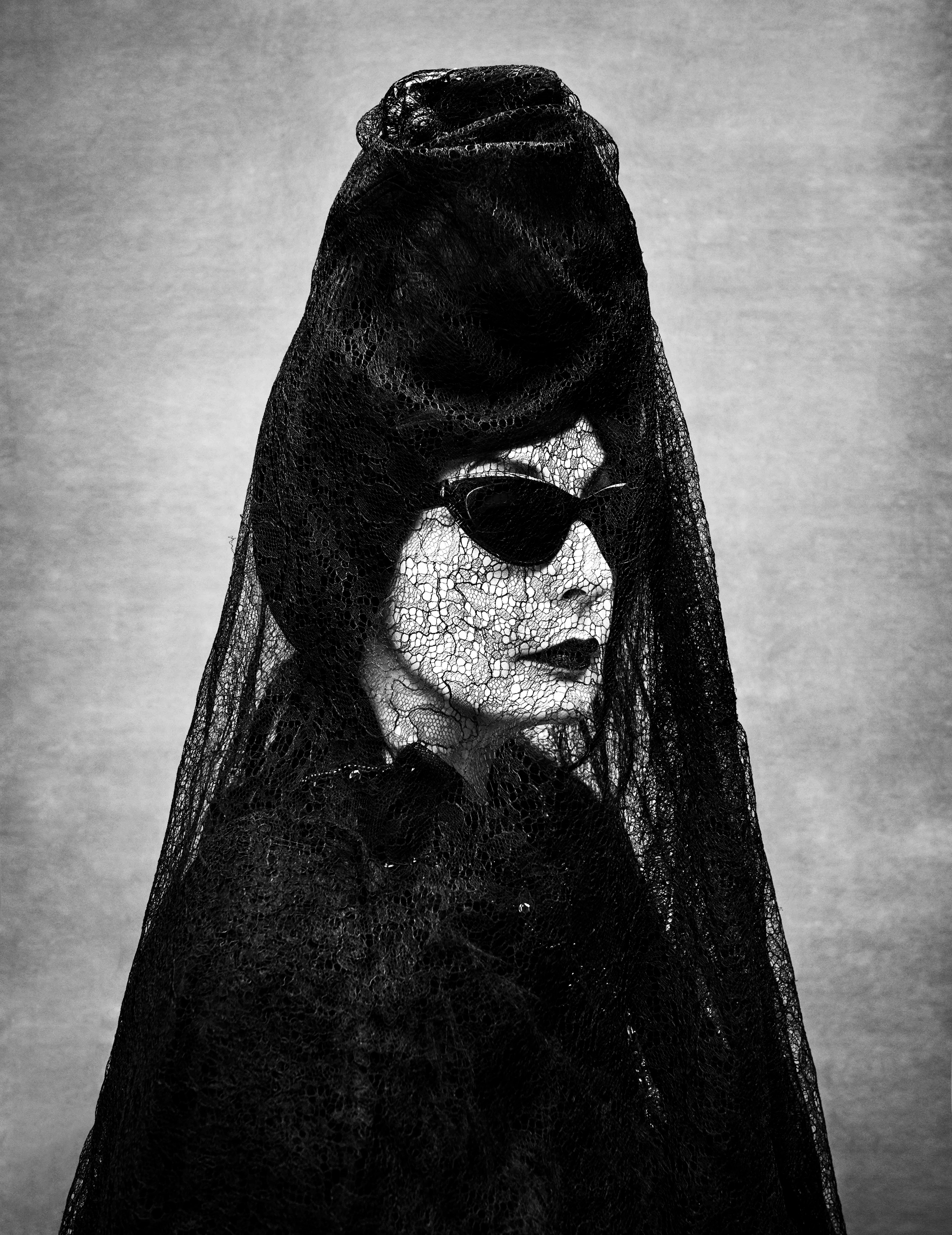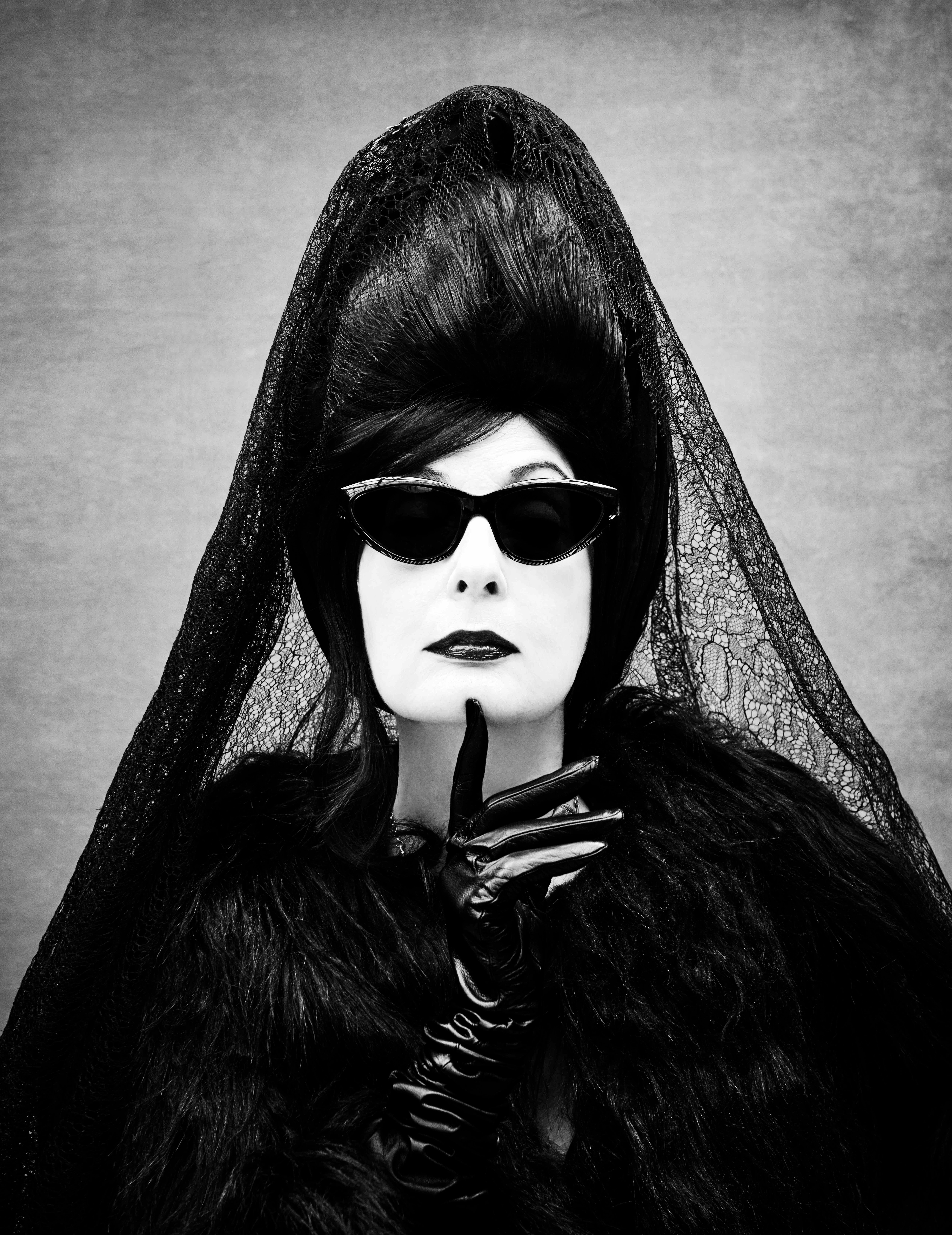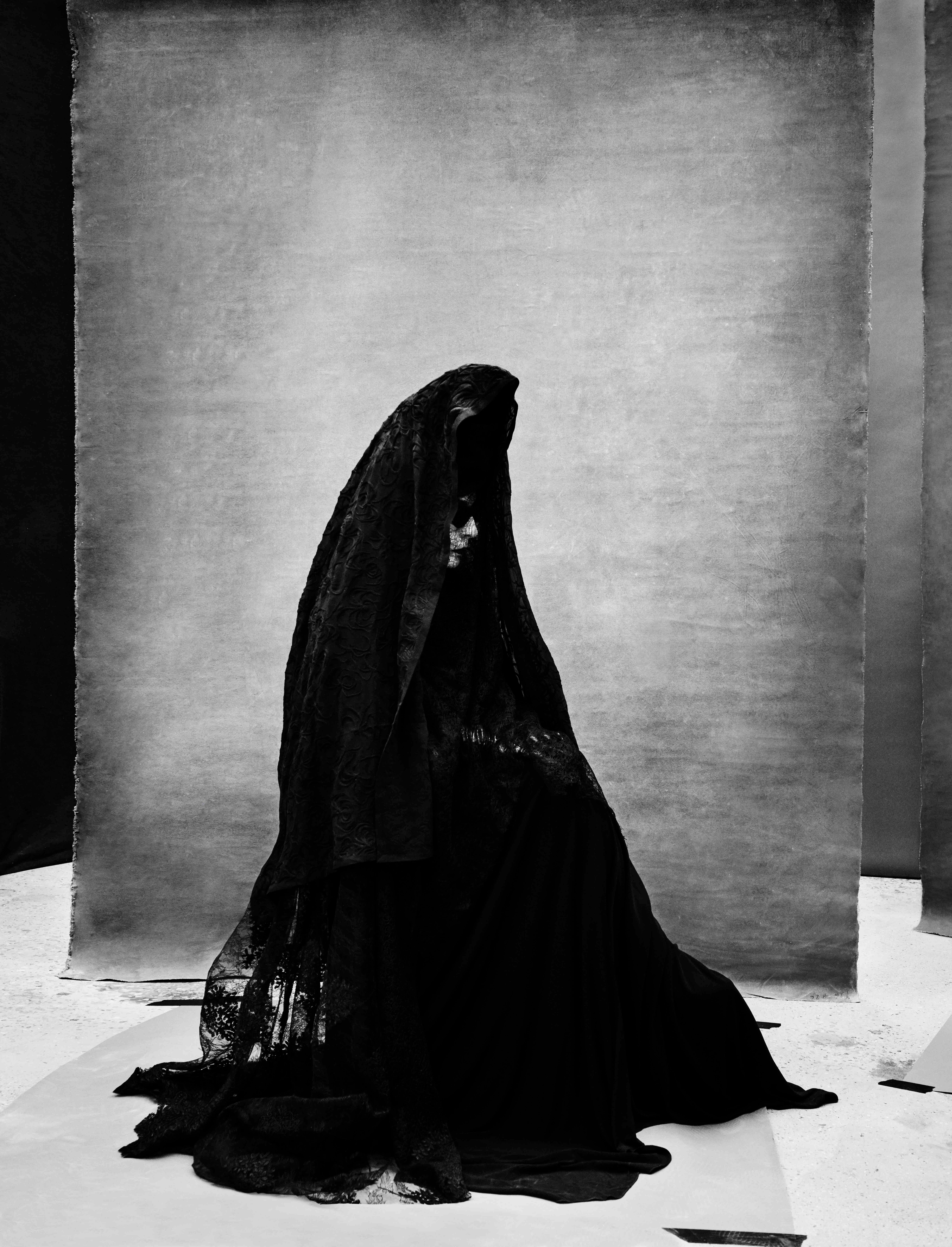
There are few figures in style culture that cut a figure quite as distinctive as that of the iconic Diane Pernet, a woman whose mysterious black-clad presence is a staple on the front row of catwalk shows all over the globe. The inimitable founder of the international film festival ASVOFF: A Shaded View on Fashion Film is nothing less than a lightning rod for talent, and is responsible for shining first light on a movement that has reshaped filmmaking in the style sphere – platforming creators whose experimentation has pushed the genre of fashion film into the arena of high art. This inspirational renaissance woman, whose career spans fashion design, photography, journalism and the manufacture of an exclusive perfume line, is currently arranging the fourteenth iteration of ASVOFF, which has resolutely championed works from emerging international talent, and attracted luminaries such as Jean-Paul Gaultier and Alejandro Jodorowsky to get involved on its judging panel (the fourteenth edition is to be curated by international model and producer Caroline De Maigret). Here, the single-minded polymath tells Culture Collective why provocation is key to great filmmaking, and how an increasingly virtual world might spell the end for genuine human connection.
What do you consider to be your purpose in life?
I’m very much into the here and now. Inspiration is based on a process of interaction, and that can be with a work of art, music, a book or a conversation–it can come from everywhere, on a daily basis. I’ve done many things in my life–filmmaking, photography, fashion designer for my own brand, journalist, talent scout, curator, costume-designer–and at each turn, I have felt that I was following my calling. I think that is how you find your purpose–if you want to do something, just do it and if it doesn’t work out, try something else.
When you began ASVOFF what were the biggest challenges you faced?
The most important thing to me in life is maintaining my freedom. I do what I love and what comes naturally to me. The biggest challenge, for me, has always been looking for money to do that, as talking money and sponsorship is not really part of my DNA. But it is essential, and when you start something that has not already been done before–as was the case with creating the first fashion film festival–you have to waste a lot of time convincing people that your idea is valid. My advice to anyone creative with an idea would be to find someone to work with who is equally creative on the business side.

Do you believe fashion film to be a melting pot of cinematic form?
I must admit that my main interest is in the cinema and how different directors tell their story, and the more unusual the better. When I started ASVOFF there were less real directors in the genre, and more fashion photographers being pushed by their agents to go out and get a video camera and direct. Now, things have changed completely, and that feels like a great accomplishment because I’ve always been pushing for real filmmakers to direct and then just pair up with a good stylist. A fashion film director does not need a fashion background, but they do need to know how to construct an interesting and provocative film.
Does great film always seek to impact upon culture?
I think, much like in fashion, if what is being said through the film has an impact and relates to conditions that are current–even if it is a historical film–then that gives it validity and makes it timeless. Margret Atwood’s The Handmaid’s Tale is an example of a very relevant novel turned television series. It upends that notion that ‘it can’t happen here’ and explores the fact that anything can happen anywhere given the circumstances. The group ‘swarmings’ are similar to what is happening on social media, and the whole ‘modesty costume’ element makes me think of the ridiculous and outlandish statement by Donna Karan in reference to the Harvey Weinstein scandal. It’s always films that are relevant that will resonate the most. Sadly, ASVOFF has not really had a presence in London as yet, despite the fact that there have been so many great UK-based directors in each ASVOFF edition since the very beginning – filmmakers who are always raising the cultural bar.

What do you value most in art?
I think regardless as to whether it’s a piece of music, a film, or an artwork, it is easy to see what is authentic, and authenticity is probably what I value the most. I think we increasingly live in a world where it is not considered shameful to ‘re-appropriate’ something, or to present something entirely fake. Take the lives people create on social media and the effect it has on those that are not living that supposed charmed life. I worry that because of this we are all becoming more disconnected. Maybe in the future we will all become what the Japanese call ‘hikikomori’ and never leave our homes or computer screens–all of the interest and intrigue about virtual and augmented reality is just going to take us further into that direction of the inauthentic experience. Life is so bad that you have to live inside a video game?
Are you somebody who is concerned about the future?
I would like to remain positive as I am an optimist but I have to say that it is getting harder every day. We are living through times that I never thought I would need to relive. My friend, Alan Friedman wrote the book This is Not America, which puts a focus on a nation that is suffering from deep divisions and tearing itself apart as it slides society back into the 50’s. We all live in our own algorithms and feedback loops now, and suddenly we are forced to see that not everyone agrees with the way we see things–hence, we have an empowerment of the far right. These were all things that we thought would never happen again, and here they are.
Portraits of Diane Pernet by Rufen Avanador